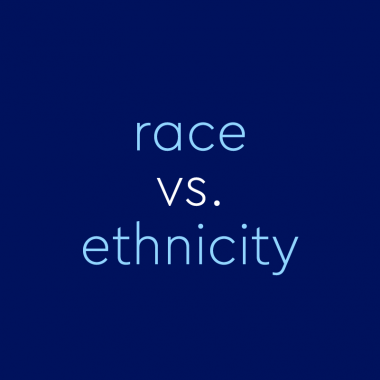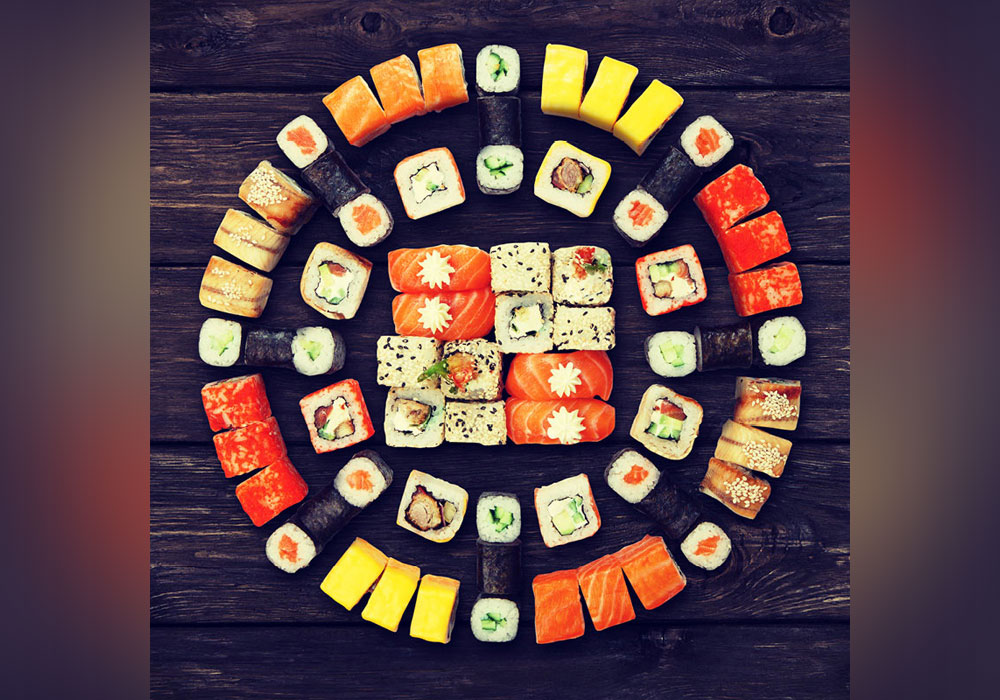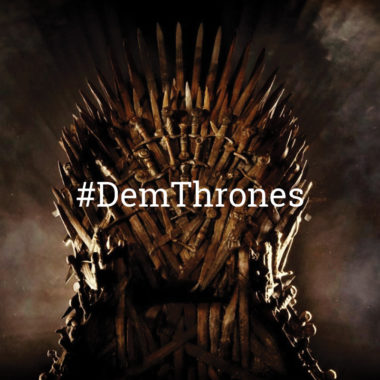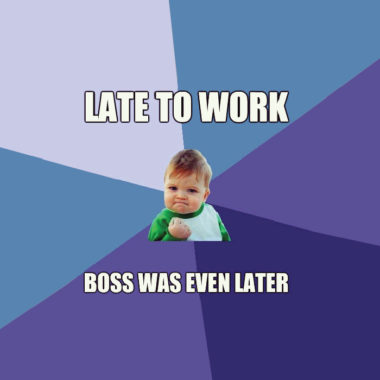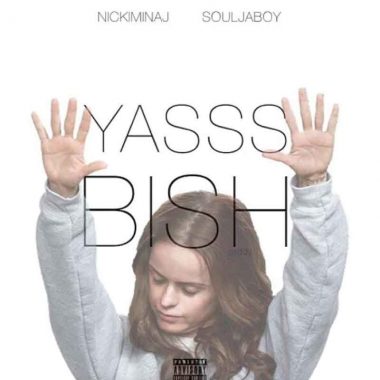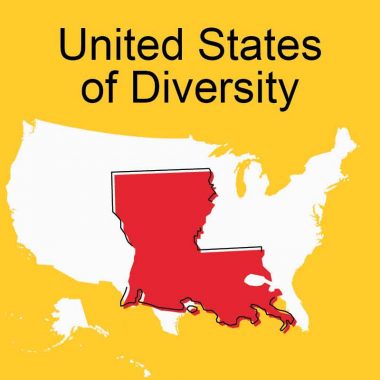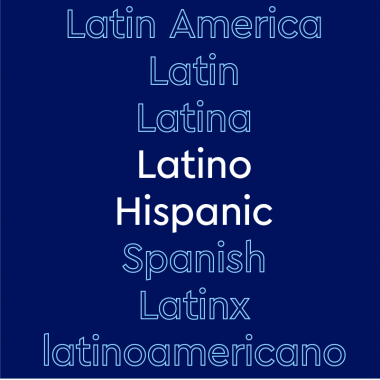“Race” vs. “Ethnicity”: Why These Terms Are So Complex
by Alyssa Pereira Historic protests against racial inequality. National debates over offensive names of sports team names and conflicts over the place of Confederate monuments in our culture. Arguments about border walls, language barriers—rising tensions over immigration despite an increasingly diverse populace. In this cultural moment, the concepts of race and ethnicity have never been more important to grasp. They’ve also never been so complicated …
